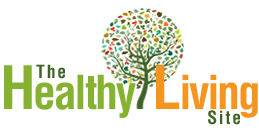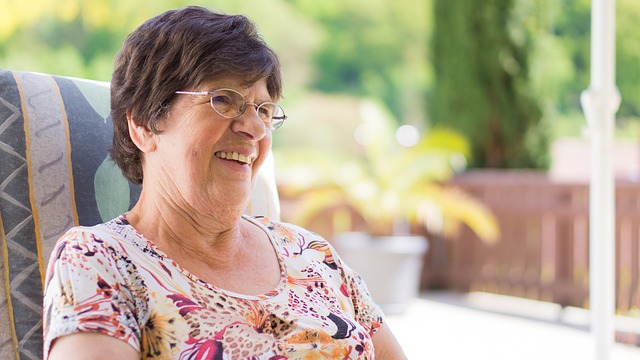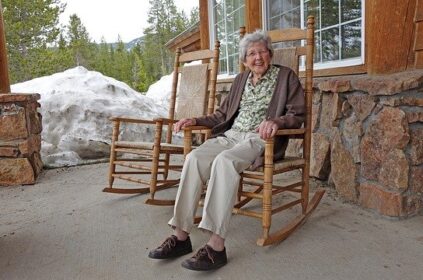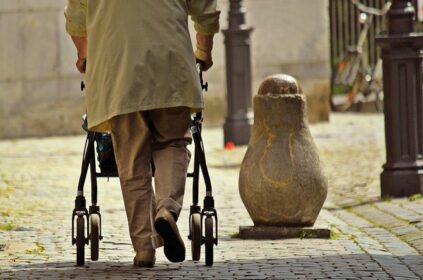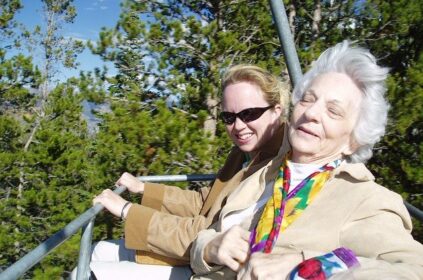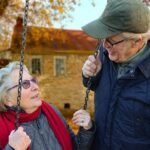When you care for the elderly, there are several common medical conditions that arise in an aging body. By no means do all older people experience these conditions. Overall health, lifetime choices, genes, and maybe a little luck will determine if an elderly person will experience any of these challenges. As with most things, prevention steps are your best ally in the whole aging process. However, certain medical ailments may result as we age.
Here are just 5 common ones you may see if you care for the elderly.
-
Dementia
This neurological disorder could be narrow or widespread. Parkinson’s disease is an example of the narrow variety and is not dementia. Dementia is a widespread neurological disorder and has a widespread effect. When you care for the elderly and your patients have dementia they will experience impaired memory, difficulty with processing language, and other cognitive malfunctions.
One important thing to know is that “delirium” is a type of temporary dementia that is not always recognized. This could occur after a change in medication, post-surgery, or in conjunction with another medical condition or procedure. If you care for the elderly be diligent in noting daily routines, any changes, and any possible alternative explanations for signs of dementia.
-
Joint Disease
Yes, the bones will start creaking! There are many different causes; however, many elderly people are afflicted with osteoarthritis, a thinning of the bone’s cartilage, and rheumatoid arthritis, resulting from the body’s own immune system. The result is difficulty moving. This can make even the simplest of tasks such as bathing difficult. Try to make adjustments to the living environment so the elderly person can do as many daily functions as possible.
-
Skin Problems
When you care for the elderly, especially when they are not very mobile, be aware that the skin can be damaged from the inside. With a constant pressure of bone on skin through sitting or lying in bed, skin cells die, blood flow is restricted, and pressure sores or bed sores could emerge. Skin integrity is very important. Since the most innocent of bruises or cuts can take longer to heal, infection is at a higher level of risk. Move care-receivers properly, keep skin dry and clean, and consider a “wound vac” if an open wound develops to speed up recovery.
-
Endocrine Diseases
One of the most common diseases in nursing home residents is adult-onset diabetes. Your hormones are controlled through your endocrine system. When it’s not functioning properly elderly patients are unable to metabolize blood glucose correctly. Be aware of their diet and any special needs.
-
Digestive Difficulties
Partly because of an aging digestive system, and sometimes as a result of reactions to certain medications, the way and the speed that food is digested and eliminated may be affected. This could result in conditions like reflux disease, gas, loose stools, or constipation. There are several methods to relieve the symptoms and you must be aware of them when you care for the elderly to maintain a level of comfort and quality of life for the care-receiver.
